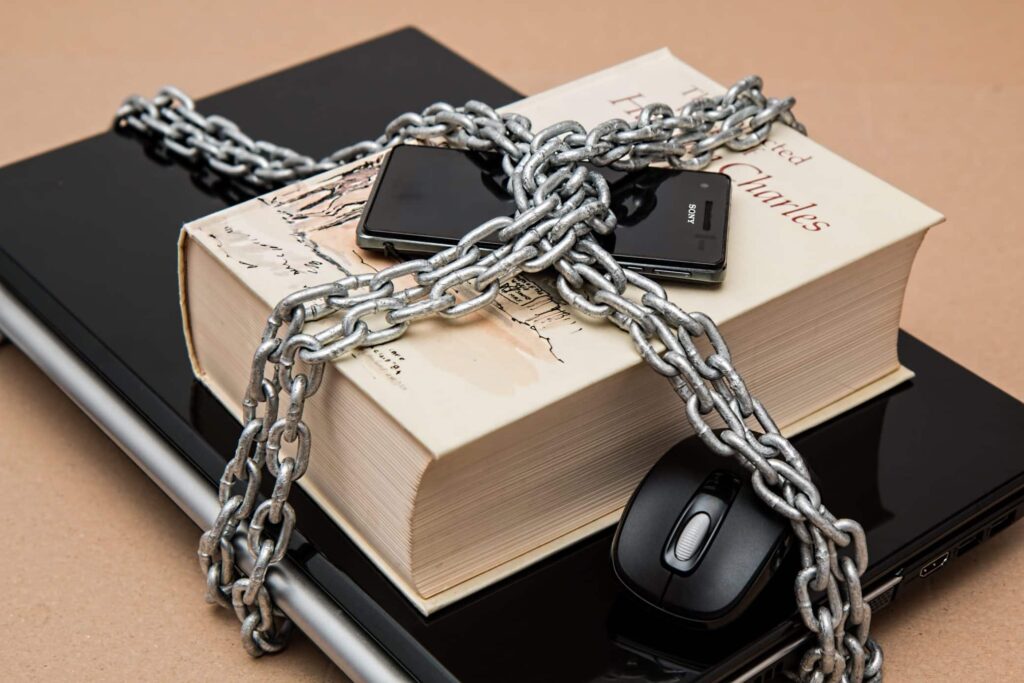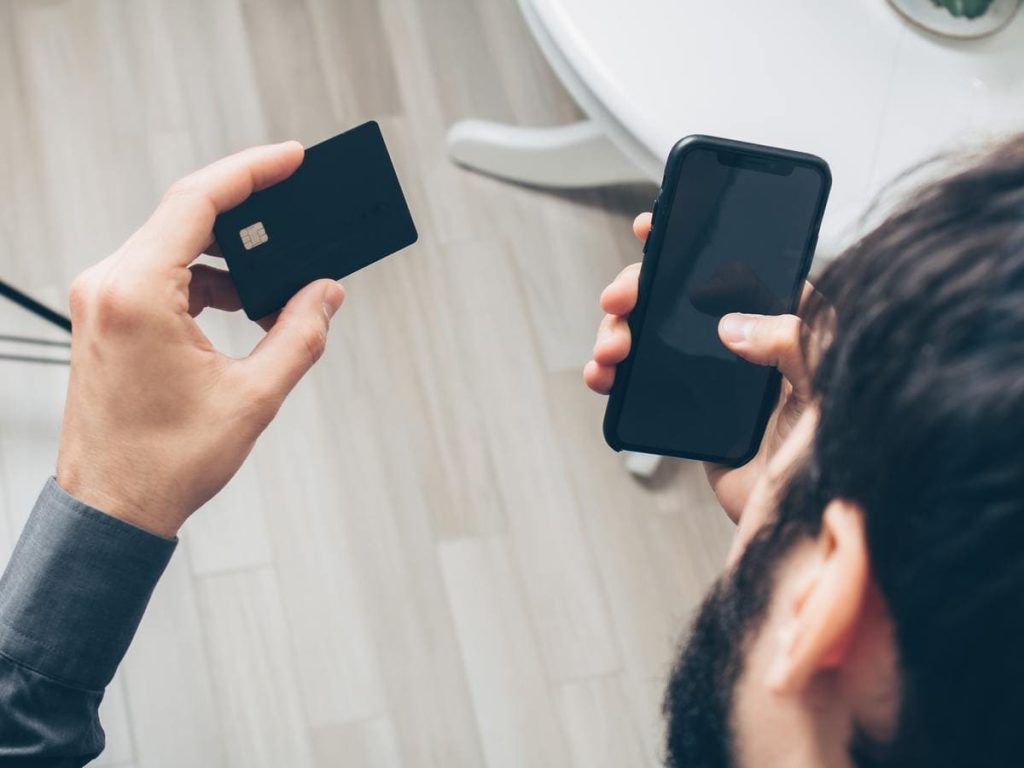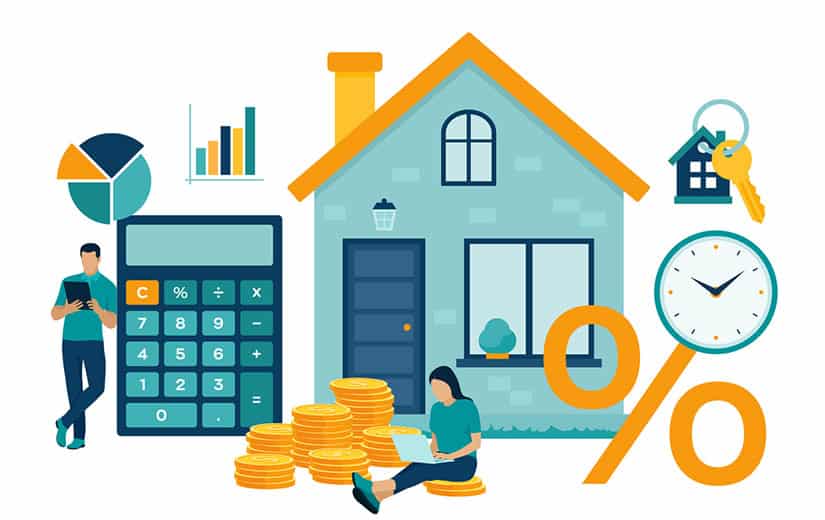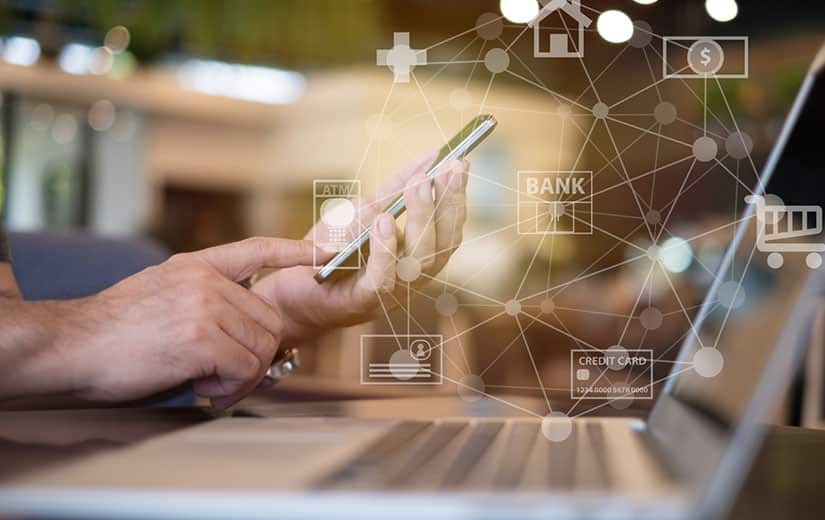Banking data fraud is on the rise, and every year millions of users lose billions of euros to hackers and other scammers.
Their number one target? Banking data stored on your Smartphone, which is usually much more easily accessible than on other devices.
How to protect your phone against bank data theft? Here are some simple tips to apply, which should help you avoid joining the long list of victims of bank fraud.
Summary
Always update
Whether you are on Android or iOS, it is necessary to always use the latest available version of the operating system, and to do all the updates offered.
Indeed, these most often concern the security of your device and allow you to benefit from the latest advances in terms of digital data protection. The digital world is moving fast, and hackers are quick to find flaws in your Smartphone if it has not been updated for several months.
This is especially important for the operating system, but is also strongly recommended for any applications you install. Especially banking apps!
To convince yourself of the challenges of security updates, you can consult this article.
Use passwords for your confidential documents
Your Smartphone is already protected by a double identification system, and you certainly know the importance of a strong password for all your accounts and applications.
But do you place the same importance on the security of your documents?
It’s likely not, and it makes it easier for scammers to work. When you send a RIB by email, you never know who can intercept it without you or the recipient realizing it!
For your peace of mind, learn how to add a password to your PDFs. This should reduce the risk of fraud.
Avoid public Wi-Fi
Free public Wi-Fi networks, available almost everywhere, are very practical for saving money on your internet subscription, that’s for sure. But they also represent a great danger because, by their very nature, they are freely accessible by anyone. Including hackers.
Do you really want to connect your Smartphone to the same network as potential crooks just waiting for the opportunity to steal your bank details?
To avoid this, it is advisable to avoid public networks as much as possible. And, when you have no choice, make sure to tell your device that it’s a non-private and non-secure network. Your Smartphone will then make some security adjustments on its own to avoid intrusions.

Install anti-virus
More and more Smartphone owners have installed an antivirus, their number having multiplied by 4 over the last 5 years.
However, in France, barely half of mobile users have an antivirus! A real godsend for pirates…
Captions that iOS has no loopholes (remember the 2014 scandal and the millions of stolen nude celebrity photos) or that Android has better protections than any antivirus are false.
Applications containing malicious code, phishing-type messages, viruses hidden in attachments… The best way to protect yourself from these risks is to use an antivirus. This can be free or paid, as long as it is regularly updated and comes from a reputable source, it should do its job well.
Beware of suspicious messages
The majority of bank data thefts are caused by human error. Scammers know how to exploit our weaknesses and play with our fears. In order not to « be fooled », common sense and a little touch of « parano » do not hurt.
- If your cousin sends you an email asking you to urgently transfer 200 euros to him because he is blocked at the border between Laos and Thailand, call your aunt to find out if his son is actually traveling in Asia, or simply on the weekend. in the mountains with his friends.
- If a Saudi prince offers to send you 100,000 euros on the condition that you give him your bank account within ten minutes, stop dreaming. It’s a scam for sure.
- If Amazon notifies you that there is a problem with your account and asks for your personal data, contact them by phone to make sure everything is in order.
You think you will never be fooled by such a message? However, this is the case of millions of people, who knew about phishing but « it seemed so true, I believed it! » »
There is one point in common among the majority of victims of bank data theft: all had underestimated the risk. Take your precautions, and it is very likely that your Smartphone will remain safe from attacks.
Read also : How to prevent accidents at home?




